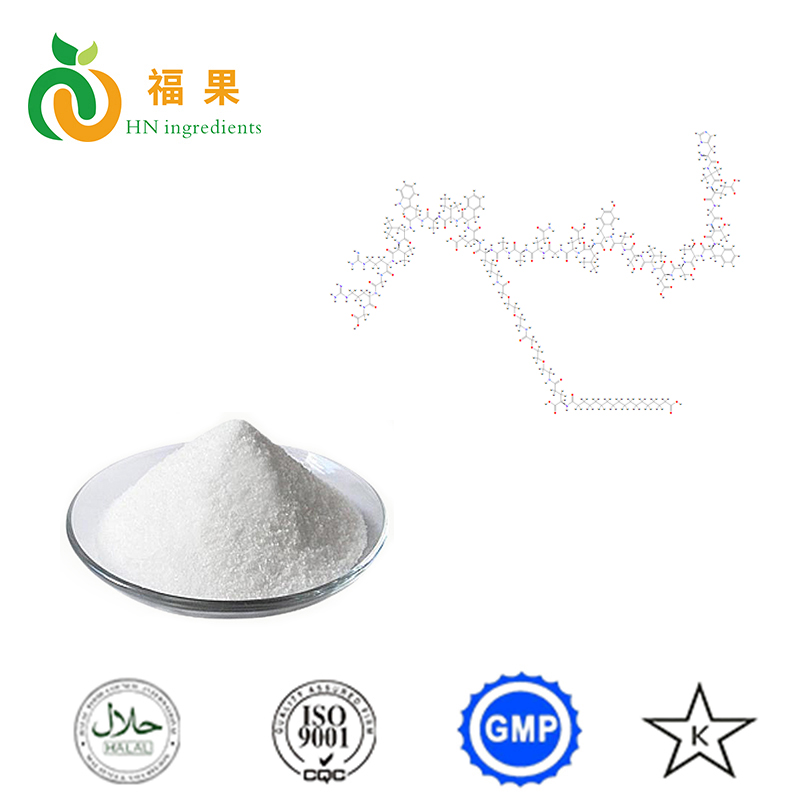
Semaglutide, developed by Novo Nordisk, is a breakthrough long-acting GLP-1 analog. With 94% sequence homology to native GLP-1 and structural modifications, it achieves extended half-life allowing once-weekly dosing.
The injectable form received FDA approval in 2017, entering China's market in 2021. The groundbreaking oral formulation, approved in 2019, overcame peptide drug delivery challenges.
Manufacturing combines solid-phase and liquid-phase synthesis. Initial methods used solid-phase synthesis for the linear peptide chain.
Jiangnan University developed an efficient native chemical ligation method, simplifying production. Lanzhou University introduced fragment condensation with pseudoproline strategy, reducing byproducts and costs. These advances resolved key industrial production challenges.
Semaglutide activates GLP-1 receptors, regulating blood glucose levels while delaying gastric emptying to enhance satiety. Clinical trials demonstrated 17.4% weight reduction after 68 weeks and significant cardiovascular risk reduction.
Available as weekly injection and daily oral tablet, the oral form uses Eligen® technology, showing superior efficacy to conventional diabetes medications at 7mg and 14mg doses.
Global sales reached $10.6 billion in 2021. Projections indicate injectable and oral formulations will reach $5.28B and $3.23B respectively by 2024.
The global GLP-1 drug market valued at 56B RMB in 2023, with China accounting for 6.2B RMB. Expected to grow to 107.5B RMB by 2029, the market shows a 10.44% CAGR. North America leads growth while Asia-Pacific shows strong potential.
Rising prevalence of metabolic diseases ensures continued demand. Post-patent competition will drive process optimization and cost reduction, expanding patient access. Semaglutide represents a milestone in metabolic disease treatment through its innovative design and proven efficacy.